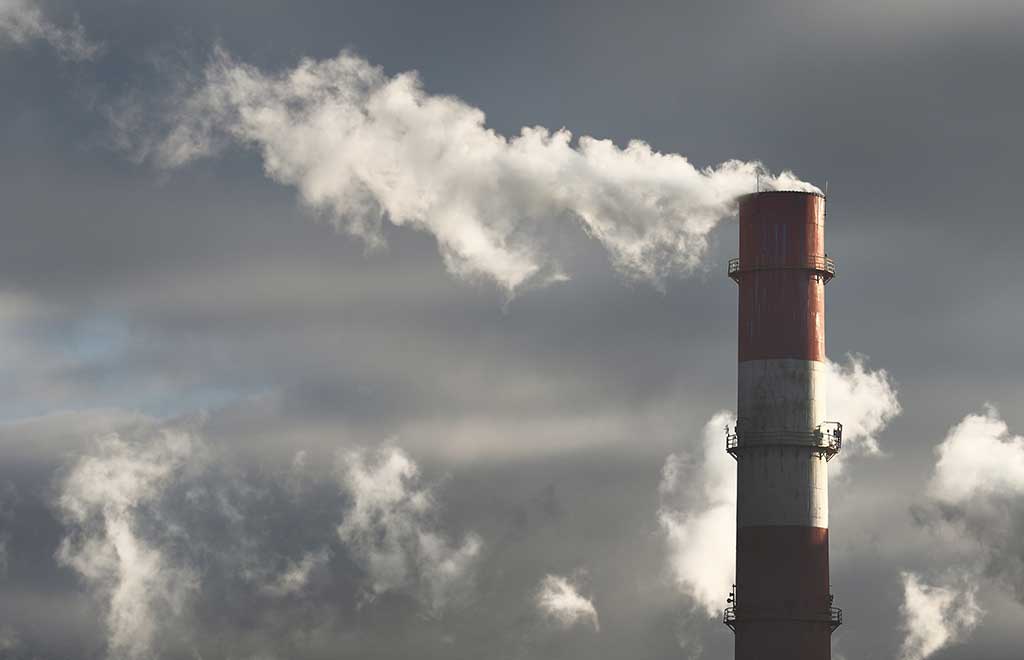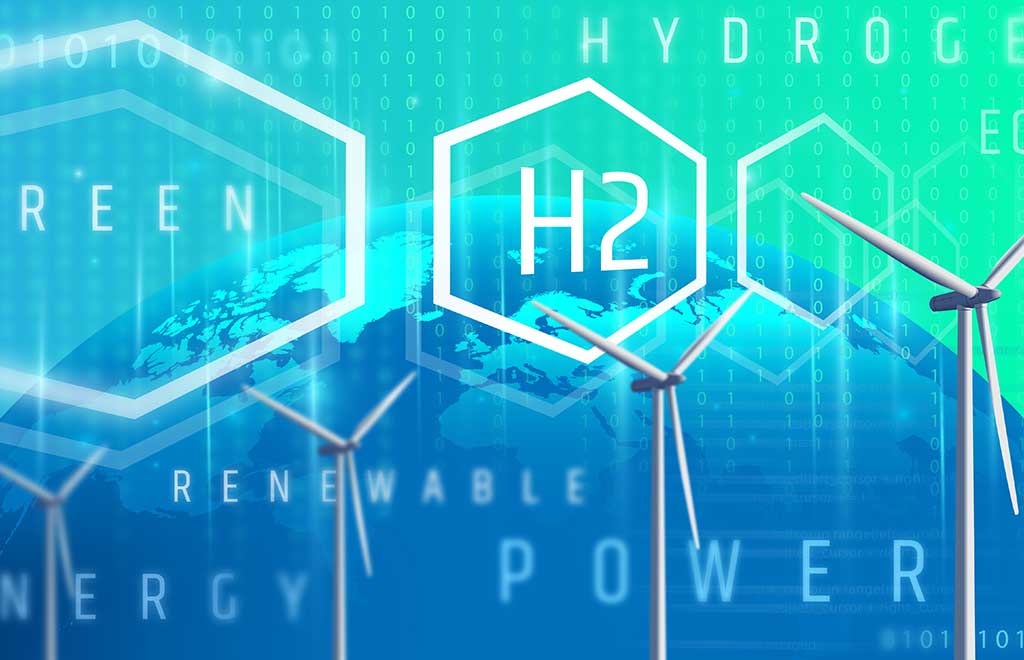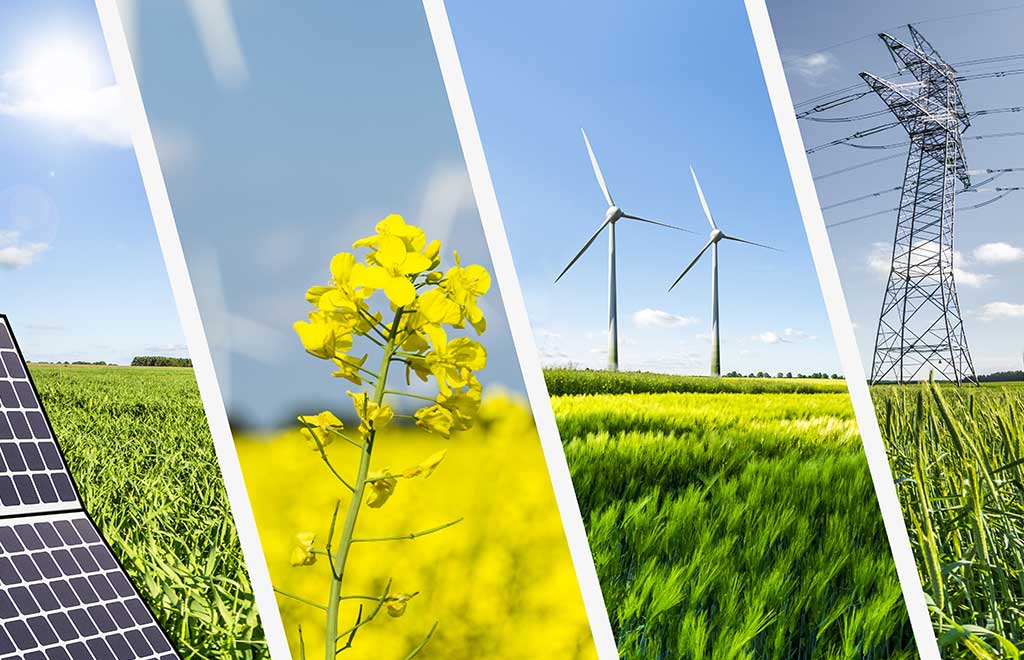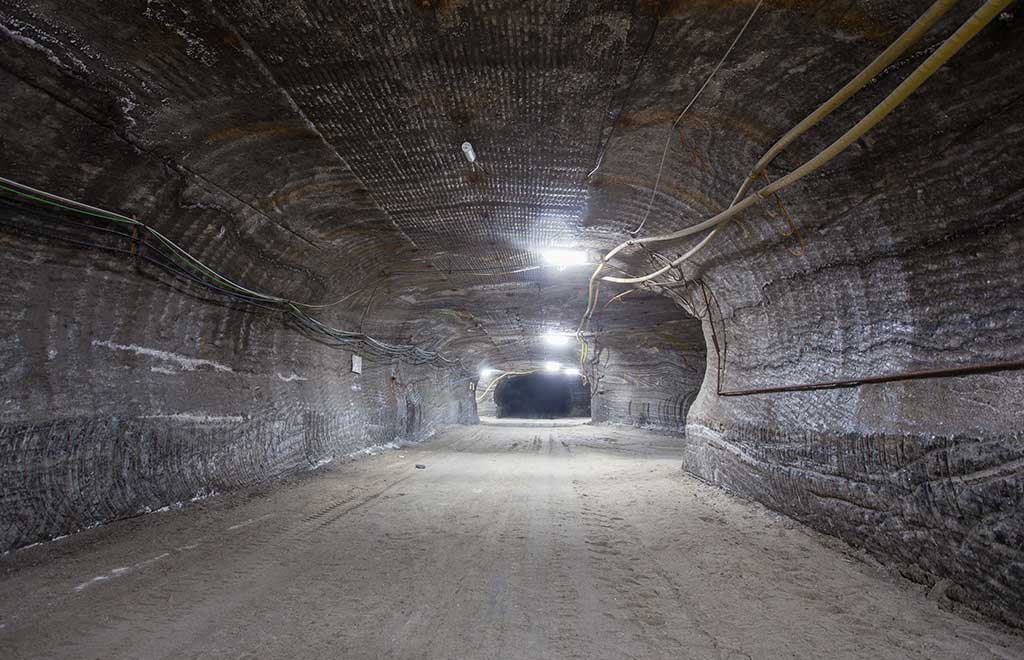Canada is at a crossroads. It must move to a new, low-carbon energy future as part of meeting the nation’s climate change goals. To do so will require much greater collaboration and coordination between researchers, industry, government, and Indigenous nations.
The Canadian Energy Transition Hub (CETH) at the U of R will serve as a focal point in creating the alliances we need to foster collaboration, and will be at the forefront of research, application, and expansion of low-carbon energy.
If you are in the energy industry and have an energy transition-related problem to solve or opportunity to pursue, the CETH can connect you to:
- Researchers with expertise across a wide spectrum of disciplines
- Research infrastructure at the laboratory, pilot, and demonstration scale
The CETH operates on a project-by-project basis to ensure focused, results-driven outcomes. We can help you work with granting agencies to supplement project funding – multiplying the impact of your investment by as much as 3x what is committed. The transition to a low-carbon energy future is fundamental to the U of R. The CETH and its objectives directly align with multiple strategic areas of focus at the U of R, including:
- Development and dissemination of new knowledge through discovery
- Commitment to climate action through development and research initiatives
- Achieving positive environmental and economic impact through reciprocal relationships with our communities
The research enterprise at the U of R is in a growth phase. We are highly motivated to extend our reach with our collaborations and grow our impact with our communities. Our medium-sized institution is ideal for interdisciplinary research. Our natural scientists, engineers, and social scientists know and work with each other. This means that diverse experts from multiple areas can be brought together to collaborate on your project.







